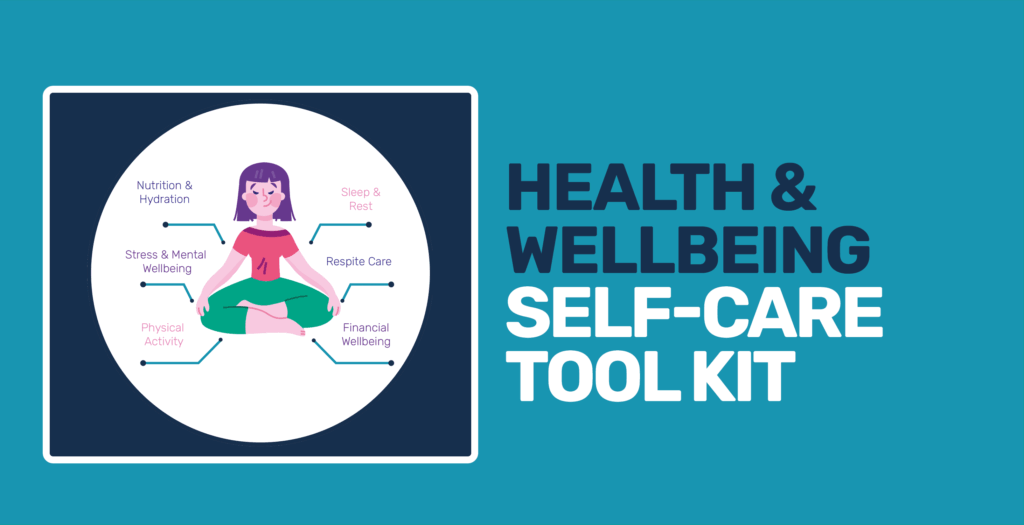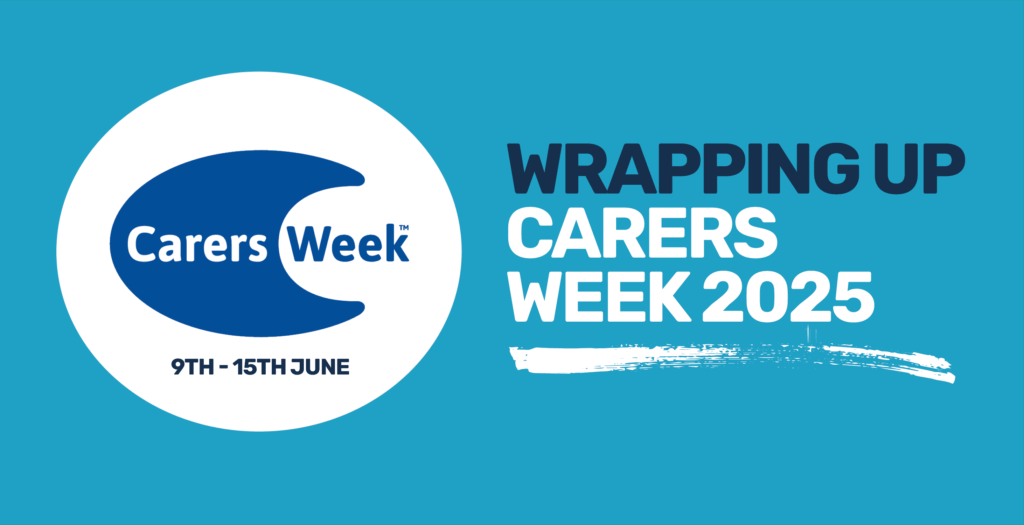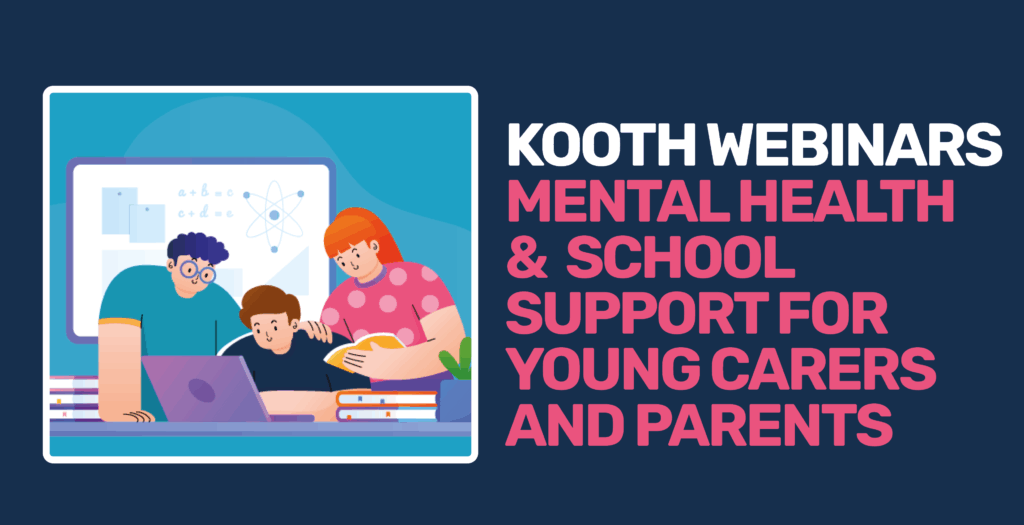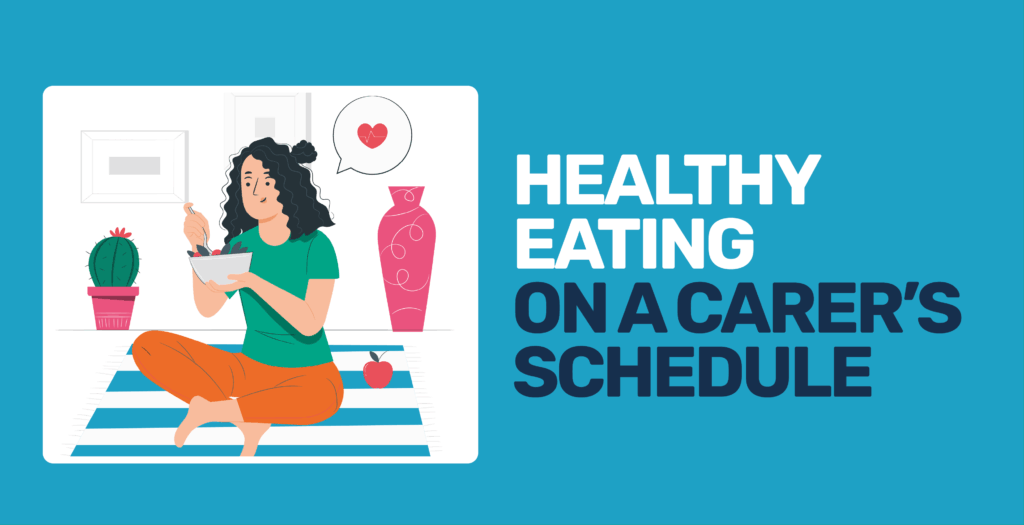Stress Awareness Month has taken place every April since 1992 to raise awareness about the causes and effects of stress, as well as strategies for coping with and managing stress effectively. This year’s theme is #LittleByLittle, highlighting the power of small, everyday actions in combating stress and improving mental well-being. Everyone experiences stress at some point in their lives. With today’s fast-paced lifestyle, constant overload of information, and general life stressors, many of us can feel overwhelmed and struggle.
Stress is the body’s natural physiological response to any demand or threat. When you perceive a situation as stressful, your body releases hormones like adrenaline and cortisol, which prepare you to either confront the stressor or flee from it (the ‘fight or flight’ response). While stress in small doses can be helpful, motivating you to act, chronic or excessive stress can have negative effects on both your physical and mental health, leading to issues like anxiety, depression, and high blood pressure.
Carers are particularly vulnerable to experiencing stress. Carers UK’s State of Caring survey found that more than three-quarters of all carers (79%) feel stressed or anxious. Although caring can be incredibly rewarding, its challenges, such as financial strain, juggling work and family commitments, lack of support and respite, can take their toll on even the most resilient carer. Carers are also more likely to face barriers to engaging in activities that would help alleviate stress due to their caring role. Over time, this can put them at an increased risk of burnout.
The first step to dealing with stress is to recognise that it is happening. Often, carers can be so busy looking after the person they care for that they may not even notice that their own health is suffering. By the time they do, they often ignore it or hope it will go away. Others have simply gotten used to the feelings of stress, making it seem normal to them and therefore unaware of how stress is impacting them. There are lots of useful tips to help you manage your stress, but we have listed below some key points that we feel are especially relevant to carers.

Take Moments – Set aside moments to “check in” with yourself. This could be as brief as 2 minutes while you wait for the kettle to boil or during a stop at traffic lights. Take a moment to assess how your body feels. Do you notice tension in your shoulders? Or perhaps you’re feeling on edge? Take a moment to breathe deeply and recentre yourself. You’ll be surprised how much these regular, brief moments can make a difference.
Be Realistic – Try to pace yourself and tackle one thing at a time. Be realistic about your expectations. Learn to say “no” to others, at least some of the time.
Ask for and accept help – Create a list of ways in which others can assist you, and then allow them to choose how to help. Ideas include taking regular walks with the person you care for, preparing a meal for you, and assisting with medical appointments.
Focus on what you can do – Sometimes, you might feel like you’re not doing enough. But remember, no one is a perfect caregiver. Believe that you’re doing the best you can.
Peer Support – Caring can feel isolating, and you may feel like you’re the only one on this journey. We encourage you to join one of our carers’ meetups, where you can chat with other carers who understand and can offer advice and support. Staying connected, especially with those in similar situations, can make a big difference.
Taking Small Steps Towards Big Change
Looking after your mental health can be the last priority on a carers list, it can feel overwhelming and many simply do not have the time to make big commitments to our wellbeing. This is why we think the #LittleByLittle campaign is so great as it emphasise how even the smallest steps taken each day towards self-care and stress reduction can yield significant improvements in mental health over time.

There are lots of resources and information out there to help you cope with stress and anxiety. We recommend giving some a try and see what works for you. Its also important to practice as much and as consisently as you can, as that will give you the most benefit, but remember even small steps count! We have put some resources that you may find useful below but don’t forget we have a variety of free workshops and relaxations days available to carers. You can find the dates in our Newsletter here.
Useful Resources
NHS – Have great resources and tools https://www.nhs.uk/mental-health/feelings-symptoms-behaviours/feelings-and-symptoms/stress/
NHS – Coping with Anxiety – https://www.nhs.uk/every-mind-matters/mental-health-issues/anxiety/
Mind (Charity) – https://www.mind.org.uk/information-support/types-of-mental-health-problems/stress/managing-stress-and-building-resilience/






